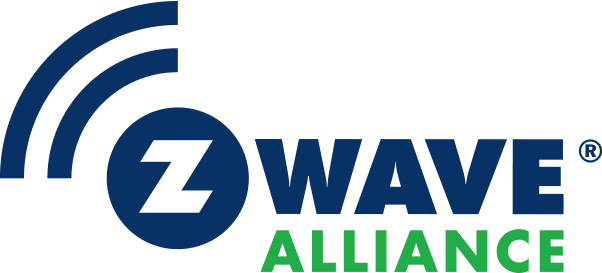Z-Wave Alliance Announces Release of Z-Wave Long Range Specification for European Market
For Z-Wave Alliance members within the European region, Z-Wave LR (ZWLR) product development and certification will soon be a reality.
Beaverton, OR – February 29, 2024 – The Z-Wave Alliance, the standards development organization dedicated to advancing the smart home and Z-Wave® technology, today announces that the specification for ZWLR for the European market has been completed, and will be made available to member companies in an upcoming release.
“From the moment we announced ZWLR for the North American market, the Alliance has been hard at work to make the spec available to our valued members in Europe,” said Avi Rosenthal, Chairman of the Board, Z-Wave Alliance. “With the specification complete, the Alliance will soon announce ZWLR certification program details and once released, ZWLR will be available to European Z-Wave Alliance members for product development.”
ZWLR ushers in a new era of Z-Wave connectivity, bringing expanded options for the smart home, multi-dwelling units, hospitality, and more. Coming soon to the European market, ZWLR has been meticulously designed as a communication protocol for applications where high-performance, increased scale, low power, increased device security, range, and device interoperability are all vital. With the specification now complete, Z-Wave Alliance members operating within Europe will soon be able to capitalize on the features and benefits of ZWLR.
Network Topology
While the network topologies are different, Z-Wave supports both a mesh network and a star network operating within the same frequency range. Existing Z-Wave mesh and new ZWLR nodes can co-exist on the same network, enabling a wide variety and combination of Z-Wave devices capable of achieving the highest performance feature set of any wireless protocol combination.
ZWLR devices operate on a star network topology which features the gateway/hub at a central point and then establishes a direct, point-to-point connection to end devices. The direct communication path established by the star network topology provides a substantial decrease in latency between the gateway/hub and end point devices which is particularly beneficial in noisy or crowded installation environments with high volumes of wireless communications.
Z-Wave mesh and ZWLR have been designed to co-exist and complement each other. By operating on a star network, ZWLR enables direct gateway-hub-to-device connection across increased distances, whereas mesh traditionally permits signal to hop from node to node until the intended destination is met. With ZWLR, simplified routing enables commands to go through faster and potential failures within the network are highlighted quickly as well. With Z-Wave, manufacturers have access to the “self-healing” properties of mesh networks and the direct communication benefits of a star network.
Increased Scalability
Perhaps one of the most exciting benefits of ZWLR for the European region is the monumental increase in scalability. By increasing the addressing space to 12-bit, ZWLR is capable of supporting up to 4000 nodes on a single network. Compared to Z-Wave (232 nodes), this represents a colossal 20x increase in network node availability. Larger network support enables the enrollment of thousands of Z-Wave devices on a single network, further expanding what is possible through the power of Z-Wave technology.
Boosted Battery Life
In addition to increased network size and transmission range capabilities, ZWLR also offers end point devices battery life of up to 10 years off a single coin-cell battery by leveraging dynamic power control. This feature enables ZWLR devices to automatically adjust and optimize the radio output power of every transmission. This dynamic power control is critical to supporting future-proof Z-Wave device installations. The ability to deploy sensors and end devices in hard-to-reach places such as crawl spaces, attics, basements, or behind walls is one of the most compelling use cases for devices with increased battery life.
For additional information about Z-Wave technology and the Z-Wave Alliance, visit http://z-wavealliance.org.
Follow the Z-Wave Alliance on Facebook, Twitter, and on LinkedIn for the latest updates.
About the Z-Wave Alliance
The Z-Wave Alliance is a standards development organization dedicated to developing and advancing Z-Wave® technology as an open and internationally recognized ITU standard (G.9959) for smart home and IoT solutions. Alliance members continue to shape and drive the future of Z-Wave through open development in the Alliance OS Work Group. With over 4,400 certified wireless, interoperable devices, Z-Wave Alliance member companies provide leading edge products and systems that deliver increased comfort, convenience, energy conservation, safety, security, and more. Learn more at www.zwavealliance.org
Press Contact:
Caster Communications, Inc.
401.792.7080
zwave@castercomm.com

